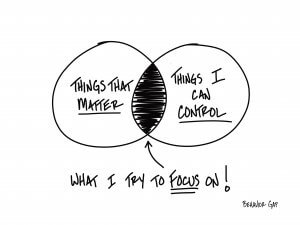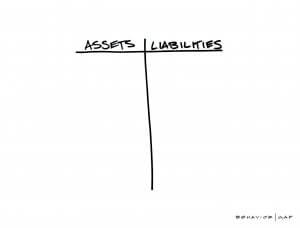
Salesperson vs. Advisor
Financial PlanningFeb 24, 2021
There is a fine line between advising clients and selling products. Many financial advisors are viewed as salespeople by the public. That perception couldn’t be further from the truth when you are describing a true financial advisor that acts as a fiduciary to clients. We are not saying that being a fiduciary should automatically eliminate that perceived notion. However, if the person takes the duty of acting in your best interest seriously, then that is certainly a good start.
There are some easy red flags to look for when trying to determine if you are dealing with a salesperson or an advisor. While you should be asking questions in the first meeting, the advisor should be asking questions as well. If the person is pushing a product in the first meeting with very little knowledge of your whole financial picture, you are likely sitting across the table from a salesperson, not an advisor. The advisor needs to understand your situation before making any major recommendations.
Another signal could be in how the person is compensated. Most advisors make their money by charging fees for their services rather than taking commissions for selling products. When you are working with an advisor, the product is the process. The fee is the value the advisor places on that process. There should be some comfort in that for consumers. The advisor is valuing his or her services rather than letting commissions determine how much money he or she makes. Of course, the fees need to be reasonable. However, if both parties agree to the fee, then there is a full alignment of interests.
If you are looking to work with someone that can help you make a plan and build your wealth over the long term, then you should seek out an advisor, not a salesperson. Take the time to get comfortable with the person. Make sure you understand the fees and the services provided and keep an eye out for the red flags. An advisory relationship is built on trust where there are open lines of communication and the advisor’s main incentive is to take care of the client. Most importantly, your relationship with an advisor should be a partnership, not a transaction.


